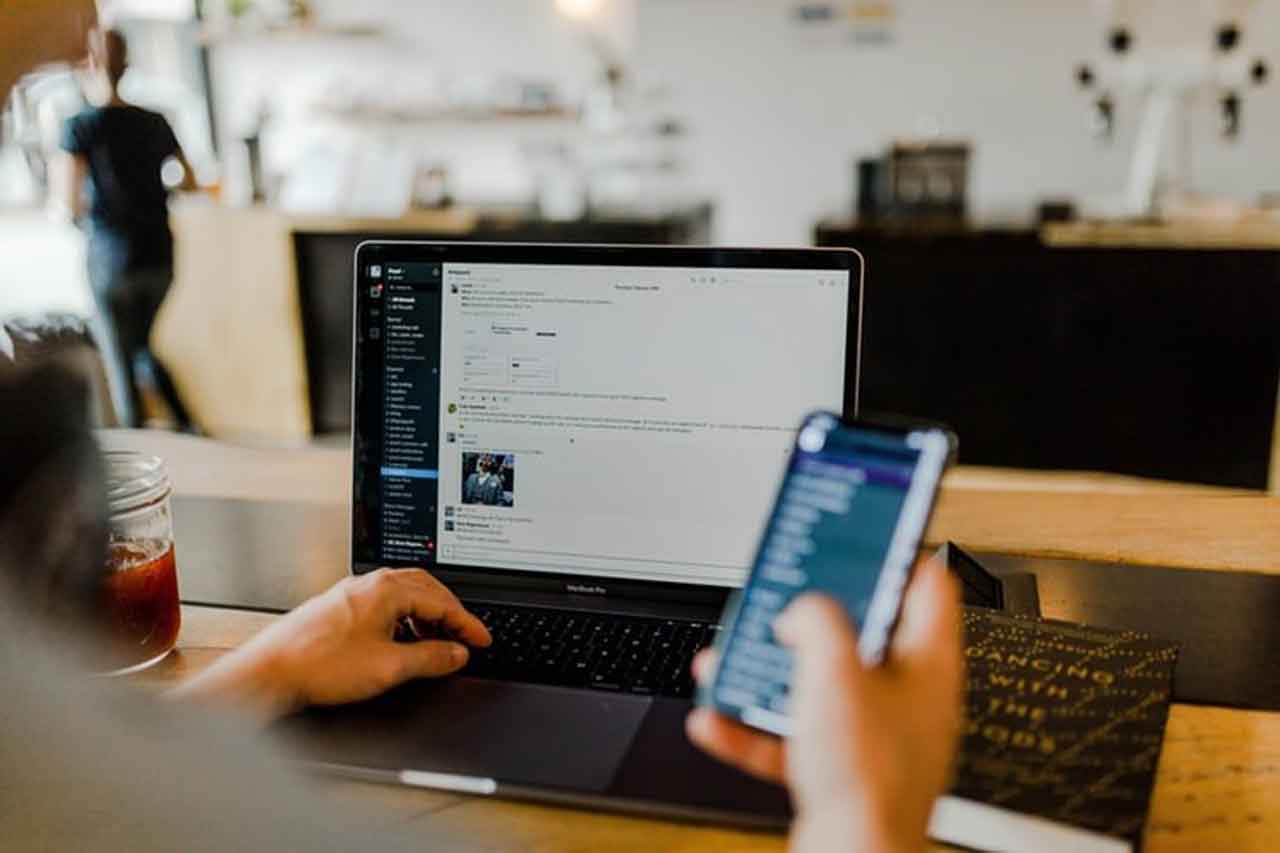In the age of technology, one of the most important challenges facing business owners today is how to keep their company safe online. In 2018 alone, businesses in England and Wales (mostly in wholesale or retail) were targeted by computer viruses on a total of 10,281 occasions – and as computer hackers become increasingly sophisticated, this threat is only going to increase.
The consequences of these viruses can be devastating. At best, hackers can close down your site, causing inconvenience (and lost revenue) to your customers and your business. At worse, they can steal the personal details of your clients from your online database, or even access money from poorly protected payments. So how can CEOs and entrepreneurs protect themselves against this threat?

This post will explain how you can keep your business safe online in 2020.
Be vigilant with taking (and making) online payments
With the rise of cryptocurrency, people are increasingly looking for more fool-proof ways to carry out transactions online. In a world where the entertainment industry is leading a movement for industry-specific digital assets, and all EcoPays deposit cash bonuses at online casinos, it might be that we won’t have to wait long for secure, untraceable payment systems to be at the fingertips of more business owners.
In the meantime, the majority of financial transactions are still carried out online. While direct bank transfers are generally considered to be very secure, card payments are distinctly less so – payment systems can be less well-encrypted than our online banking portals, meaning the details we enter (such as our card number, full name, and secure three-digit pin) are all at risk.
Ensure all your employees are briefed on how to be vigilant with online payments. Use a company credit card and, if possible, ask clients to pay using PayPal or direct bank transfer, which are far more secure for everyone involved.
Install reliable antivirus software
Installing antivirus software is the virtual equivalent of locking your door at night. Malware, which is short for ‘malicious software’, is a type of program that’s designed to infect computers – but the ways in which it can affect your device, and the digital ‘disguise’ it happens to be wearing, can vary greatly. Malware can come in the form of viruses, spyware (which transmits sensitive personal information, such as credit card numbers), Trojans, and even worms, so it’s important to recognize how each of these could target your computer.
The best way to protect your business against malware is to install good antivirus software on every company device. This will scan the device for threats or potentially alien software, and alert you as soon as possible so you can take appropriate action.
Define your social media policy
Staying safe online isn’t just about viruses and vigilant payments – it’s also about your brand reputation. Social media is one of the most valuable tools available to marketing teams today, but it can easily leave your business in hot water if you don’t make use of it correctly.
The golden rule is to define your brand social media policy and ensure employees who are admins for your pages have been fully briefed. Guidelines should include tone, level of customer engagement, and how often you choose to post.






